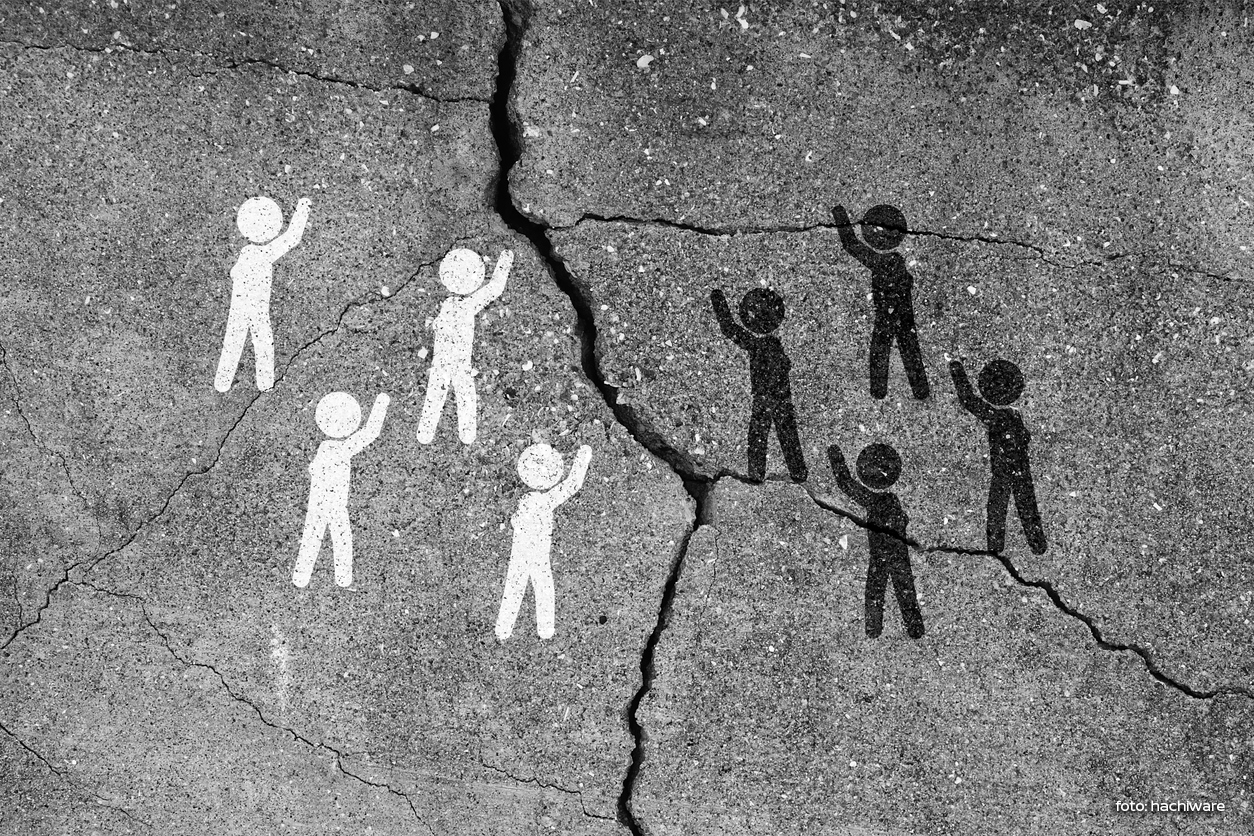
“Genocidal Nations” – How WWII, the Yugoslav Wars and the Present Interact in Serbia and Croatia
By: Eva Hasel The memory politics surrounding World War II in the Balkans, especially in Serbia and Croatia, have been deeply contentious since the
Latest Podcast
Human rights activists are increasingly using social media to promote justice and reconciliation in post-conflict situations, countering the denial of war crimes, mobilizing...
Memory Cultures in Dialogue
Memory Cultures in Dialogue is a podcast and blog of the Humanitarian Law Center from Belgrade, Serbia.
The podcast and blog oppose the hegemonic narratives about the breakup of Yugoslavia and the wars that ensued. The facts about the armed conflicts that took place in the territory of former Yugoslavia in the 1990s are subject to constant distortion in the frameworks of dominant and state-sanctioned memory politics. The project strives for promoting a public dialogue about politics and cultures of memory and coming to terms with the past. The podcast and blog inform, point out to the constructed nature of dominant narrative and deconstruct these narratives through diskussions with experts and actors of memory activism from below.
Podcast is available on Spotify, Apple Podcasts, Google Podcasts, Podcast Addict and Podcasts.rs.

By: Eva Hasel The memory politics surrounding World War II in the Balkans, especially in Serbia and Croatia, have been deeply contentious since the
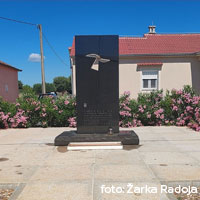
By: Žarka Radoja Formerly high officials of Republika Srpska Krajina Milan Martić and Milan Babić were convicted by the Hague Tribunal for the crime
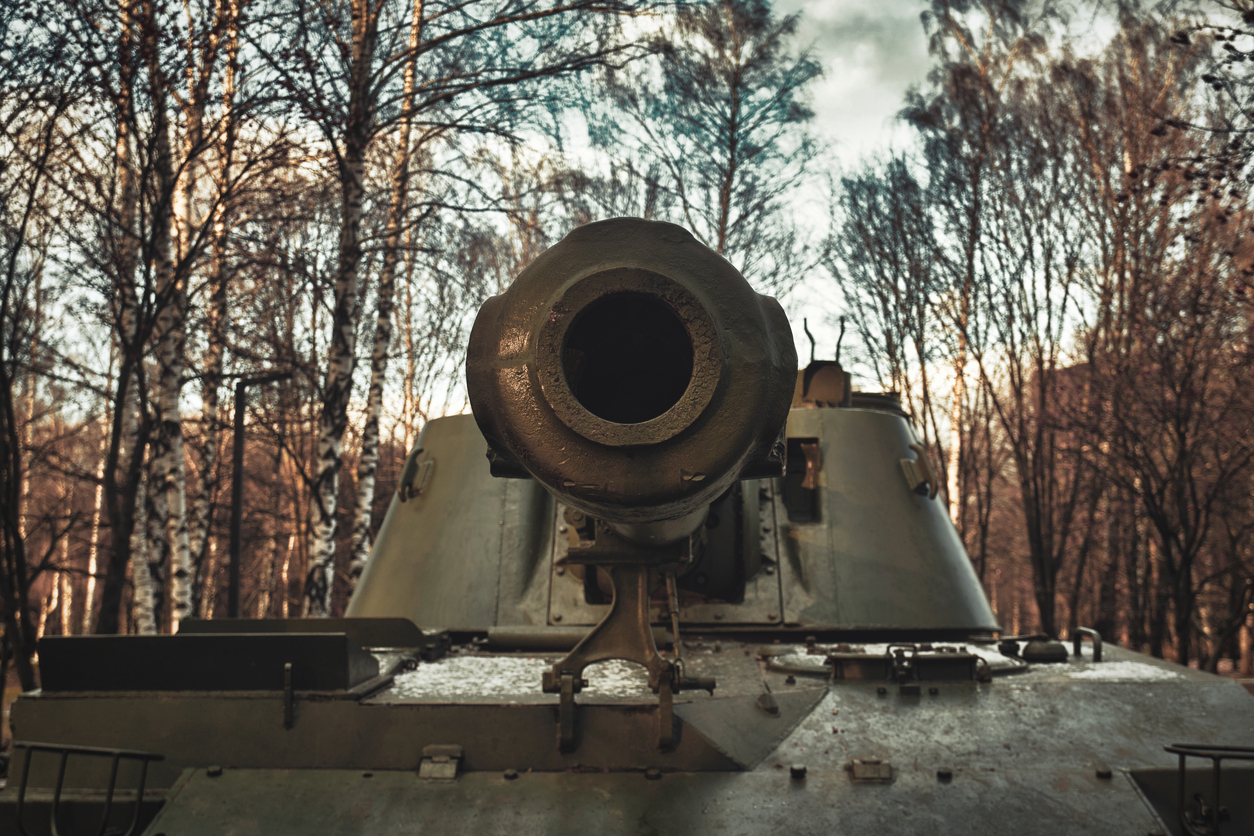
By: Saša Ilić Memory politics concerning the 1990s have for decades now remained unidirectional, invariably based on victimisation, and accompanied by the parallel construction
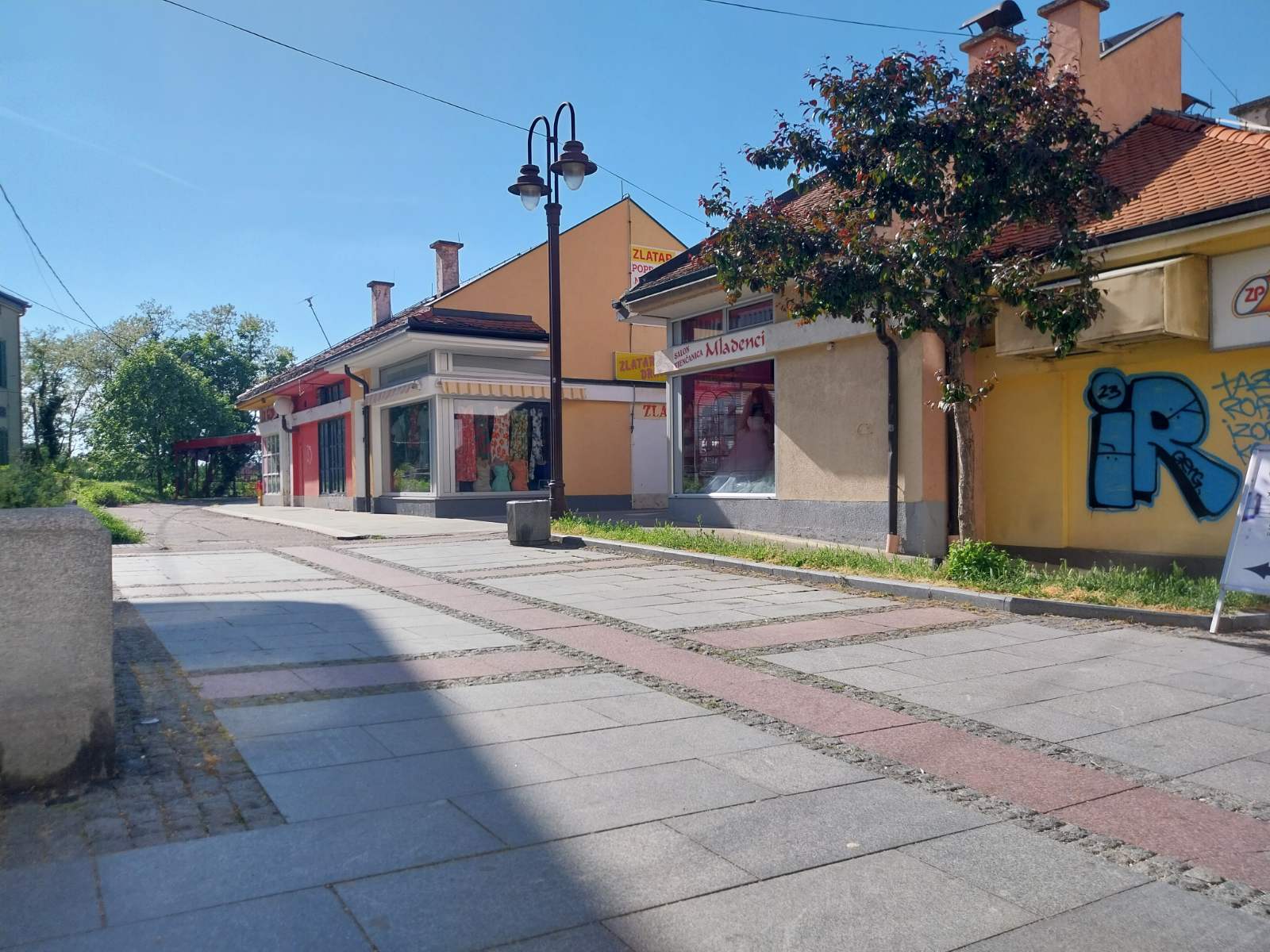
By: Edvin Kanka Ćudić Every day, the locals walk down the Brčko promenade. The view of the Craftsmen’s Centre takes them back to the
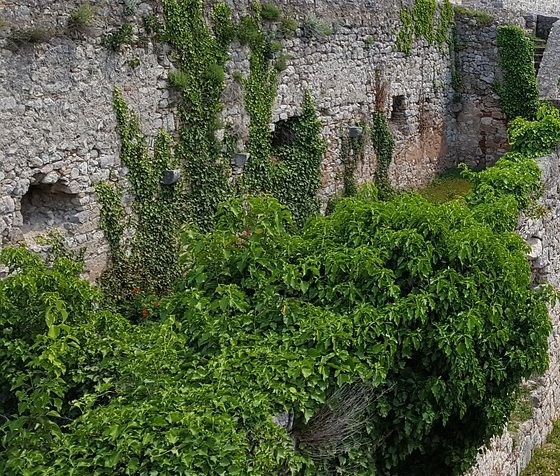
By: Sven Milekić In a decade since joining the EU and the acquittal of generals accused of war crimes, Croatia petrified its memory of
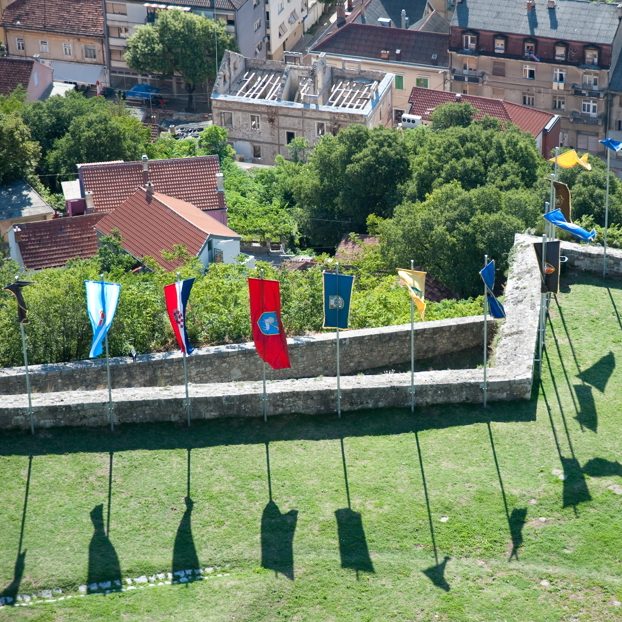
By: Sven Milekić While the 2021 marking of 1991 wartime events repeated numerous facets of contemporary Croatian nationalism, government officials kept away from demonising